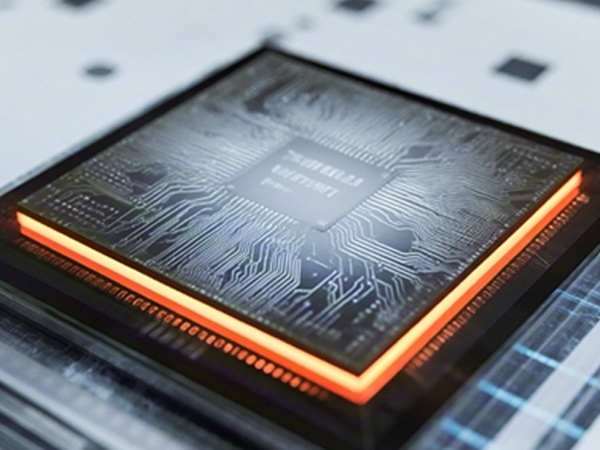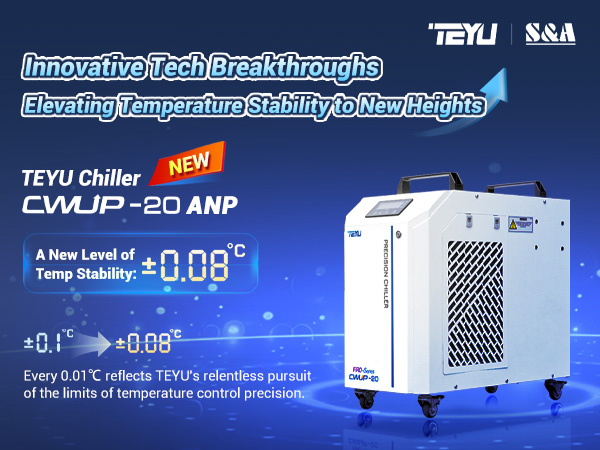Precise temperature control is essential in semiconductor manufacturing to prevent thermal stress, improve process stability, and enhance chip performance. High-precision chillers help reduce defects like cracks and delamination, ensure uniform doping, and maintain consistent oxide layer thickness—key factors in boosting yield and reliability.
Why Temperature Control Is Critical in Semiconductor Manufacturing?
In semiconductor manufacturing, precise temperature control plays a vital role in ensuring chip quality, performance, and production yield. Even slight temperature fluctuations can cause significant changes in material behavior and process outcomes, potentially leading to defects or device failures.

The Impact of Thermal Stress
Semiconductor devices consist of multiple layers of materials with different coefficients of thermal expansion (CTE). For example, silicon wafers, metal interconnects, and dielectric layers expand or contract at different rates during rapid heating or cooling. This mismatch can create thermal stress, leading to serious manufacturing issues such as:
* Cracks: Surface or internal cracks in wafers can compromise mechanical integrity and lead to device failure.
* Delamination: Thin films, such as metal or dielectric layers, may separate, weakening the chip's electrical performance and long-term reliability.
* Structural deformation: Device structures may warp due to stress, causing electrical problems like leakage or short circuits.
The Role of High-Precision Temperature Control
Advanced temperature control systems like TEYU industrial chillers are designed to maintain temperature stability with exceptional precision. For example, TEYU's ultrafast laser chiller offers a control accuracy of up to ±0.08°C, ensuring process stability for critical semiconductor equipment, including etchers, deposition systems, and ion implanters.
Benefits of Precision Cooling in Semiconductor Processes
1. Prevents Thermal Stress Cracking: By maintaining uniform cooling, chillers minimize the effects of CTE mismatch between different materials, effectively reducing the risk of cracks and delamination during thermal cycling.
2. Improves Doping Uniformity: In ion implantation and subsequent annealing, stable thermal conditions ensure consistent dopant activation across the wafer, enhancing chip performance and reliability.
3. Enhances Oxide Layer Consistency: Accurate temperature regulation helps eliminate edge-to-center thermal gradients during oxidation, ensuring uniform gate oxide thickness, crucial for consistent transistor characteristics.
Conclusion
Temperature control is indispensable in semiconductor fabrication. With high-precision thermal management, manufacturers can reduce defects caused by thermal stress, improve uniformity in doping and oxidation processes, and ultimately achieve higher chip yields and better device performance.

We're here for you when you need us.
Please complete the form to contact us, and we'll be happy to help you.










































































































